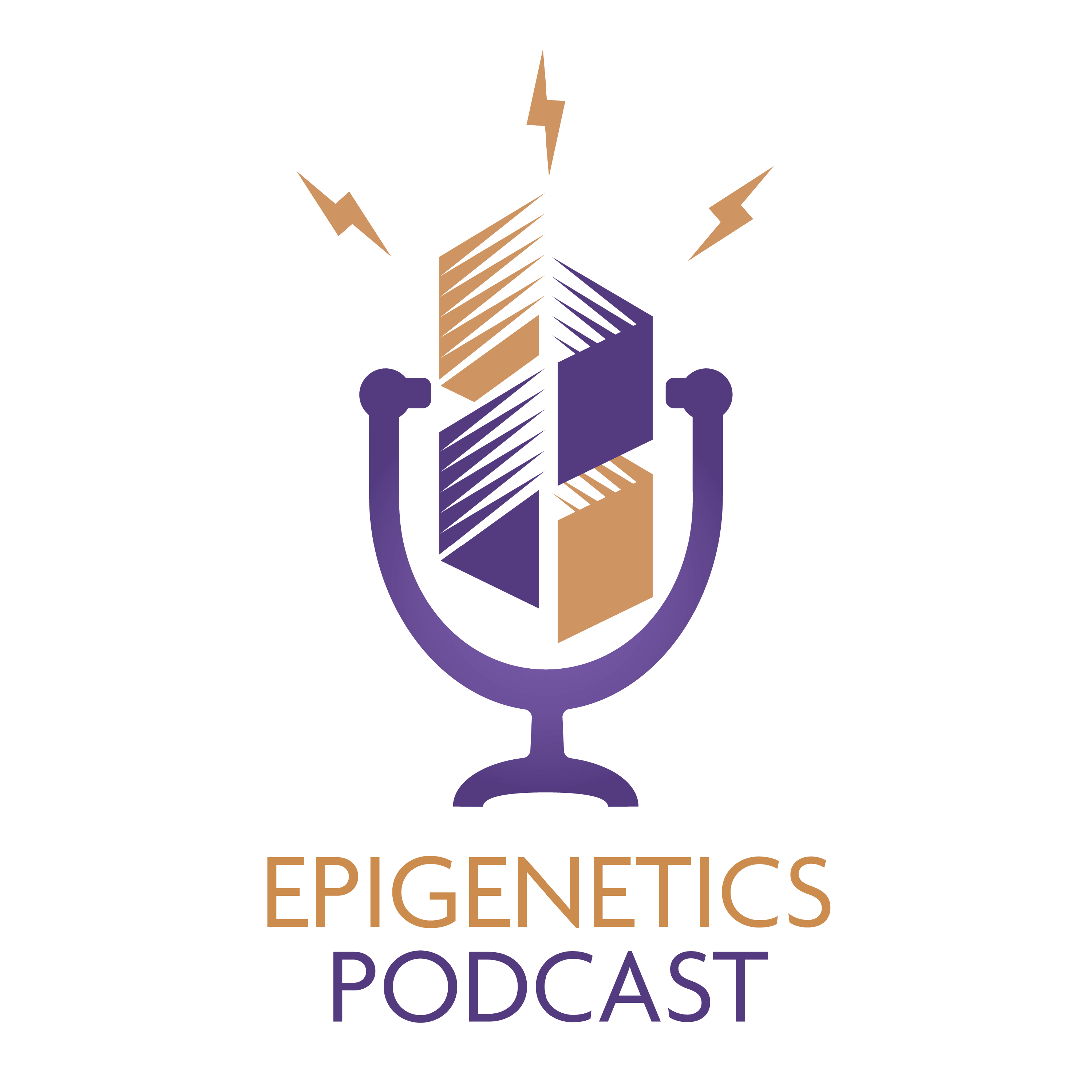- Other
- SEE MORE
- classical
- general
- talk
- News
- Family
- Bürgerfunk
- pop
- Islam
- soul
- jazz
- Comedy
- humor
- wissenschaft
- opera
- baroque
- gesellschaft
- theater
- Local
- alternative
- electro
- rock
- rap
- lifestyle
- Music
- como
- RNE
- ballads
- greek
- Buddhism
- deportes
- christian
- Technology
- piano
- djs
- Dance
- dutch
- flamenco
- social
- hope
- christian rock
- academia
- afrique
- Business
- musique
- ελληνική-μουσική
- religion
- World radio
- Zarzuela
- travel
- World
- NFL
- media
- Art
- public
- Sports
- Gospel
- st.
- baptist
- Leisure
- Kids & Family
- musical
- club
- Culture
- Health & Fitness
- True Crime
- Fiction
- children
- Society & Culture
- TV & Film
- gold
- kunst
- música
- gay
- Natural
- a
- francais
- bach
- economics
- kultur
- evangelical
- tech
- Opinion
- Government
- gaming
- College
- technik
- History
- Jesus
- Health
- movies
- radio
- services
- Church
- podcast
- Education
- international
- Transportation
- kids
- podcasts
- philadelphia
- Noticias
- love
- sport
- Salud
- film
- and
- 4chan
- Disco
- Stories
- fashion
- Arts
- interviews
- hardstyle
- entertainment
- humour
- medieval
- literature
- alma
- Cultura
- video
- TV
- Science
- en
Effects of Non-Enzymatic Covalent Histone Modifications on Chromatin (Yael David)

In this episode of the Epigenetics Podcast, we caught up with Yael David from Memorial Sloan Kettering Cancer Center in New York to talk about her work on Effects of Non-Enzymatic Covalent Histone Modifications on Chromatin.\u202f \nThe David\u202flab studies\u202fon non-enzymatic covalent modifications of Histones, including Histone glycation and citrullination. These modifications\u202frecognize\u202fmetabolites that are produced in the cell and aid as a sensor for chromatin to quickly adapt to cellular changes. These unique modifications do not have a so-called erasing enzyme, which makes them terminal, rendering these sites inaccessible for further modifications such as methylation or acetylation.\u202f\u202f \nA second area of research in the David lab is Histone H1.\u202fThe lab\u202fhas\u202fdeveloped a new method to purify Histone H1, superior to the commonly used method of acid extraction which leads to degradation of Histone H1. This purification method enabled the lab to purify and characterize the functional properties of all Histone H1 variants.\u202f \n\xa0\nReferences\n\nDavid, Y., Vila-Perell\xf3, M., Verma, S., & Muir, T. W. (2015). Chemical tagging and customizing of cellular chromatin states using ultrafast trans -splicing inteins. Nature Chemistry, 7(5), 394\u2013402. https://doi.org/10.1038/nchem.2224\n\n\nDavid, Y., & Muir, T. W. (2017). Emerging Chemistry Strategies for Engineering Native Chromatin. Journal of the American Chemical Society, 139(27), 9090\u20139096. https://doi.org/10.1021/jacs.7b03430\n\n\nOsunsade, A., Prescott, N. A., Hebert, J. M., Ray, D. M., Jmeian, Y., Lorenz, I. C., & David, Y. (2019). A Robust Method for the Purification and Characterization of Recombinant Human Histone H1 Variants. Biochemistry, 58(3), 171\u2013176. https://doi.org/10.1021/acs.biochem.8b01060\n\n\nZheng, Q., Omans, N. D., Leicher, R., Osunsade, A., Agustinus, A. S., Finkin-Groner, E., D\u2019Ambrosio, H., Liu, B., Chandarlapaty, S., Liu, S., & David, Y. (2019). Reversible histone glycation is associated with disease-related changes in chromatin architecture. Nature Communications, 10(1), 1289. https://doi.org/10.1038/s41467-019-09192-z\n\n\nZheng, Q., Osunsade, A., & David, Y. (2020). Protein arginine deiminase 4 antagonizes methylglyoxal-induced histone glycation. Nature Communications, 11(1), 3241. https://doi.org/10.1038/s41467-020-17066-y\n\xa0\n\nRelated Episodes\n\nSynthetic Chromatin Epigenetics (Karmella Haynes)\n\n\nVariants of Core Histones: Modulators of Chromatin Structure and Function (Sandra Hake)\n\n\nInfluence of Histone Variants on Chromatin Structure and Metabolism (Marcus Buschbeck)\n\n\xa0\nContact\n\nActive Motif on Twitter\n\n\nEpigenetics Podcast on Twitter\n\n\nActive Motif on LinkedIn\n\n\nActive Motif on Facebook\n\n\nEmail: podcast@activemotif.com